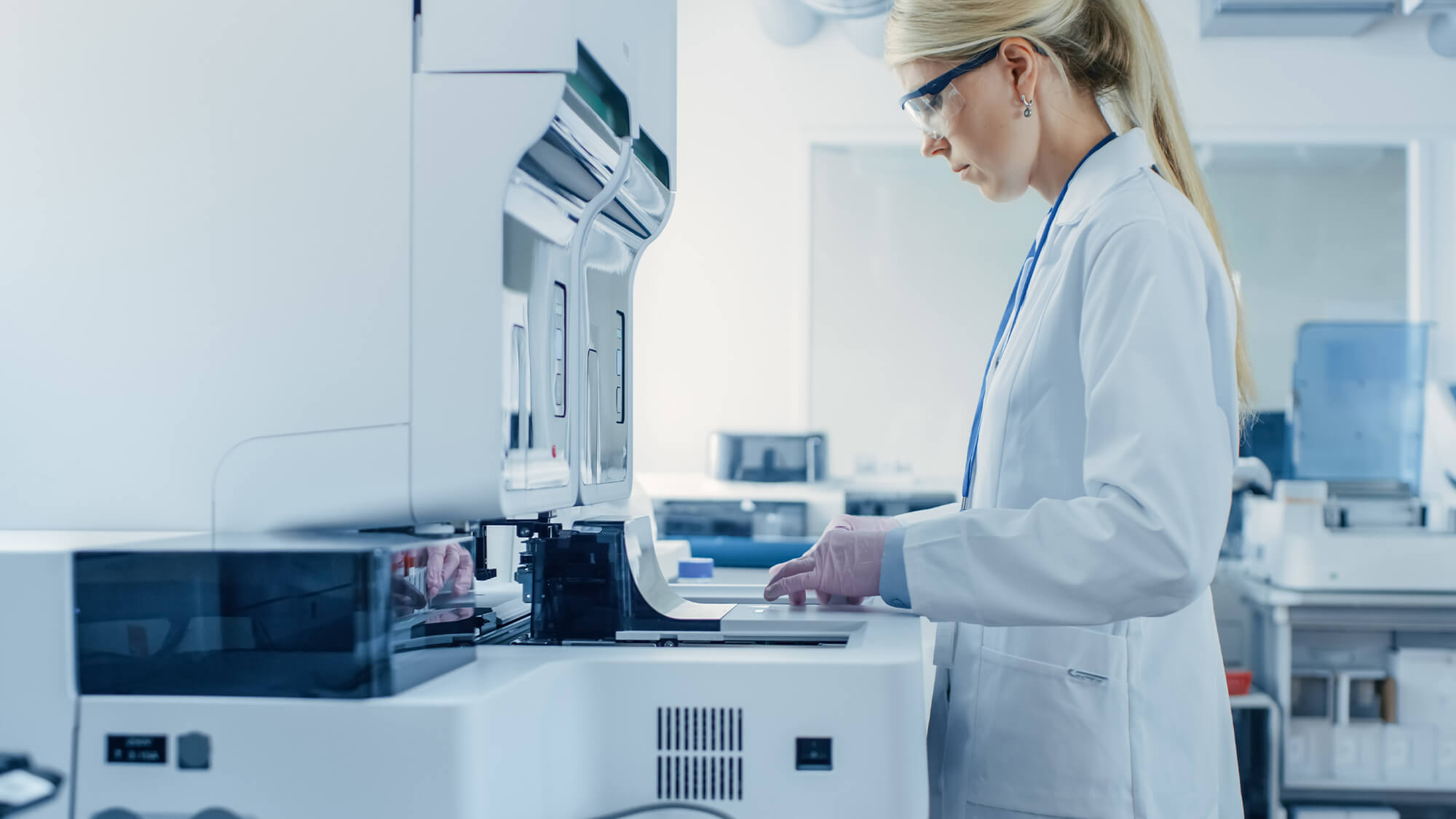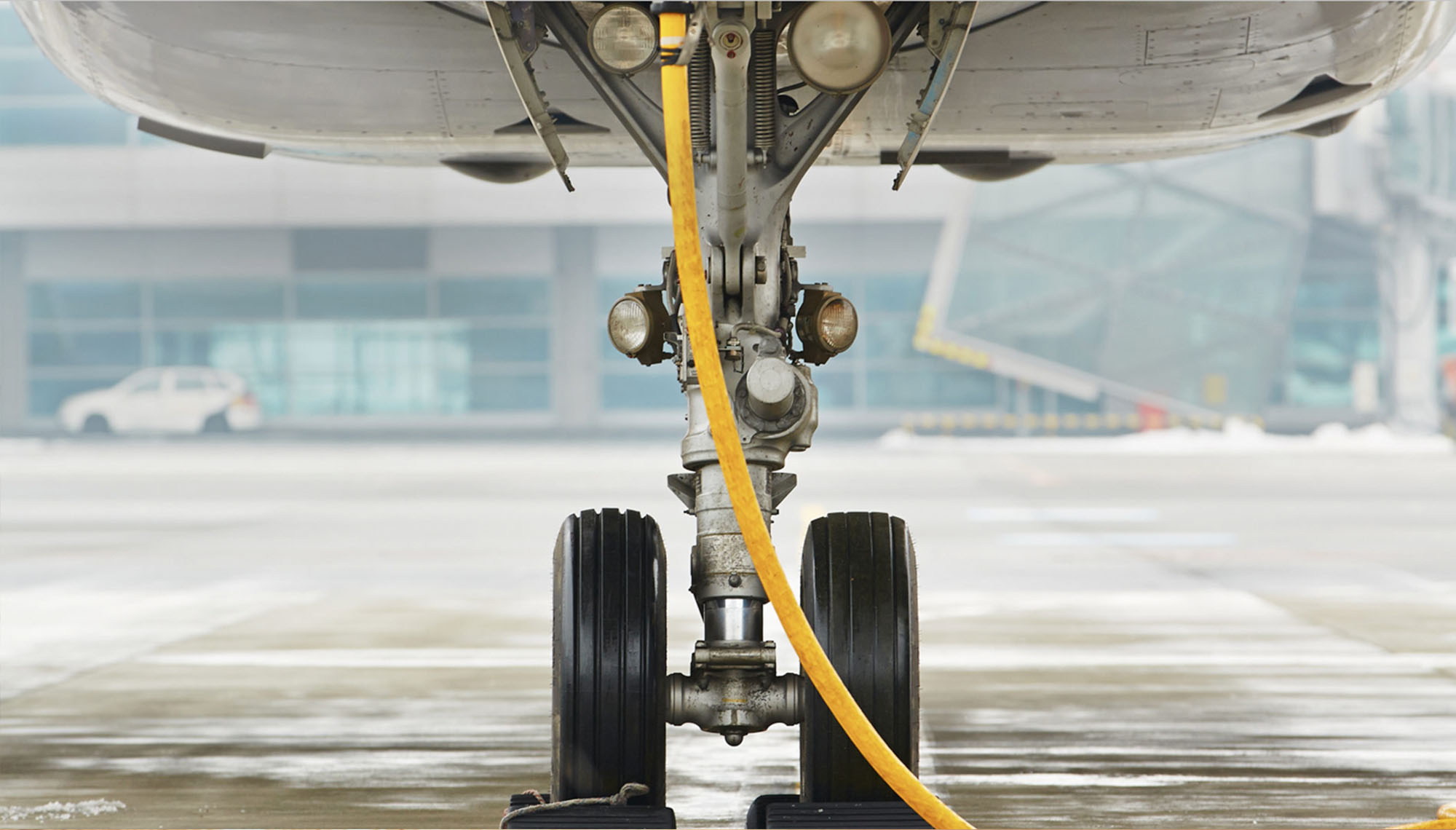What are the benefits of C-14 testing for different international markets?

02 Jul 2025
To meet the growing demand for services, particularly in sustainable fuel sectors, our Caleb Brett fuels and aviation lab now provides advanced Carbon-14 (C-14) analysis testing aligned with ASTM D6866 standards. This service enhances our existing offerings for testing fuels and feedstocks, including Sustainable Aviation Fuel (SAF).
Why Use Carbon-14 Analysis for Biogenic Materials?
Carbon-14, a radioactive isotope produced in the Earth’s atmosphere, naturally decays over time. Fossil fuels, which have been buried for millions of years, no longer contain any measurable C-14. This makes C-14 analysis the only method capable of distinguishing between fossil-derived and biogenic hydrocarbons. For instance, ethanol from fossil sources and ethanol from plant-based sugars are chemically identical, but C-14 testing can determine the biogenic percentage in fuel blends. A 50:50 blend of fossil and biogenic fuels would yield a 50% C-14 result.
Methods for Measuring C-14
We employ two main techniques for measuring C-14 content:
- Liquid Scintillation Counting (LSC): This method is available at our labs in the UK and the Netherlands and follows ASTM D6866 and DIN 51637 protocols. The process involves combusting the sample to produce CO2, which is then converted into benzene. The benzene is mixed with a scintillation solution that emits light in response to beta decay from C-14 isotopes. The amount of light emitted correlates with the C-14 concentration, with a margin of error of up to 3%.
- Accelerator Mass Spectrometry (AMS): Available through a third-party affiliate in France, AMS similarly starts by combusting the sample to generate CO2. The CO2 is purified and converted into graphite, which is then analyzed in a mass spectrometer to directly measure the C-14 atoms. Like LSC, this method also has a maximum error rate of 3%.
The DIN 51637 protocol is more specific to middle distillate fuels, requiring minimal sample preparation, while ASTM D6866 is versatile enough for any combustible material.
Extensive Expertise and Fast Turnaround
With laboratories located in the UK and the Netherlands, we offer quick turnaround times on C-14 testing. Our experts remain well-versed in both regional and international regulations, ensuring that all testing meets the required standards.
Through these precise methods, we can identify the origin of fuels and other materials, providing accurate measurements of biogenic content in products such as sustainable fuels and renewable diesel.
Intertek's Full Range of Services for Sustainable Fuel Development
Intertek offers comprehensive services to support sustainable fuels like SAF, ranging from feedstock testing and R&D support to finished product specifications. Additionally, we provide assurance services through ISCC audits and engineering support via Intertek Moody, covering all aspects of sustainable fuel development and testing.

